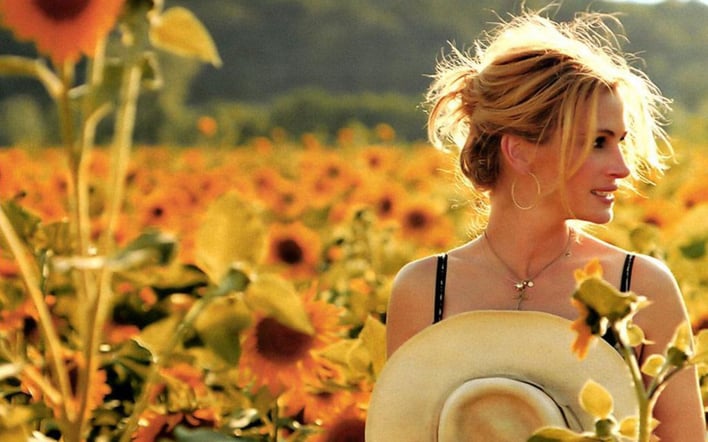There’s very little not to love about New England’s spring season when skies become bluer, the air smells sweeter and the temperature rises to a comfortable 72 degrees. In most cases, people around these parts are automatically put into better moods and seem to enjoy the days a bit more once the ice and snow melts away. Yes, March, April, May and June offer a bright and happy chapter of the calendar with the exception of one tiny problem…ACHOOOOO!!! Yes, those poor allergy sufferers out there might want an exemption from the spring season and if you’ve ever experienced any of the common symptoms, you’ll have every idea why. While those with immunity towards environmental pollen might be ticking off the days until they can frolic freely outside once again, this might not be the case for others… Chest pain, sneezing, headaches, watery eyes, wheezing and sore throats can be a total drag and leave those ailed in complete misery from now until summer rolls over.

Due to the extensive range of severity in reaction to new growth from trees, grass and flowers, thousands of Bostonians must stay vigilant of keeping their health on track so they don’t wind up in the hospital. How do we keep those nasty allergies away? One good start is to know exactly what specific type of species are the most threatening and then do whatever you can to avoid contact. If you’re unsure of what to look out for, here’s a list of the most common flowers that might be a smart idea to leave out of your weekly order. If you see something that you’ve always loved but realize it’s in your best interest to avoid, take a look at the right column where I’ve listed substitutions that will still give you your blooming fix.
Common Allergy Inducers
Forsythia
Chamomile
Daisies
Sunflowers
Asters
Dahlias
Lilies
Jasmine
Roses
If you're looking a less chemical soother than Clairitin, my husband swears by Simply Saline for his allergies.

